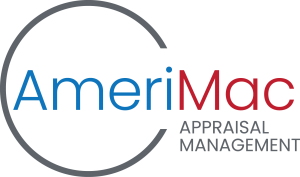
- 877-241-5144
- M-F: 8am to 8pm
If you are at retirement age, or close to it, you may be seeing a lot of advertising for reverse mortgages. The ads can make these loans sound like a great option. And for some people, they are. If most of your wealth is in your house, it may make sense to get one of these loans. However, there are also downsides to them. Here are some of the pros and cons that may help you make your decision.
If you own property, and you are 62 or older, a reverse mortgage makes it possible for you to borrow against the equity you have in your home. This may be cash, or it may be a line of credit. With this type of mortgage, you don’t repay the loan with monthly payments. The loan gets repaid when you are gone and your house is sold by your heirs.
There are different types of reverse mortgages, with the most popular type called the home equity conversion mortgage, or HECM. With this loan, you have the backing of the Federal Housing Administration. With this type of loan, you pay for insurance that is required for participation. To get this type of loan, you also need to have your house paid down quite a bit if not completely. You also have to use the home as your main residence. You have to be current on any federal debt, insurance, and taxes. There are also credit checks and other requirements such as attending an information session.
With a regular mortgage, a lump sum is given by the bank, and the borrower pays that amount back, along with interest, until it is completely paid off. With a reverse mortgage, the process is much different. Instead of you making payments, the payments get made to you. You can get a reverse mortgage that is a lump sum, or you can get it paid to you in monthly payments. There are also loans that are a combination of a lump sum plus payments.
The fees for the loan, and its interest, are included in each month’s balance. With this arrangement, how much you owe will increase as time goes on, and your amount of home equity will decrease. Throughout your reverse mortgage, you retain your home’s title, and there’s nothing due on the balance unless you pass away or move out of the house.
If you are having financial problems, getting a reverse mortgage can help you in a number of ways.
There are also downsides to getting a reverse mortgage, so consider the cons as well as the pros before you make up your mind to get one.
Before you can get a reverse mortgage, you need to get an appraisal. Contact us to find out more about a reverse mortgage appraisal.

The fully staffed customer service department at Amerimac Appraisal Management is available Monday through Friday, 8 a.m. EST to 8 p.m. EST.
SIGNUP FOR OUR MONTHLY NEWSLETTER:
Client Testimonials
© Amerimac 2026. Privacy Policy. Website by WMx Digital.